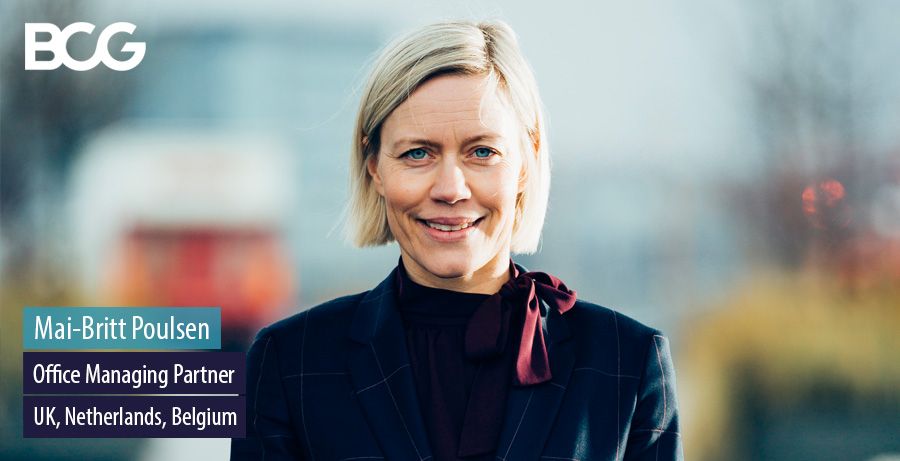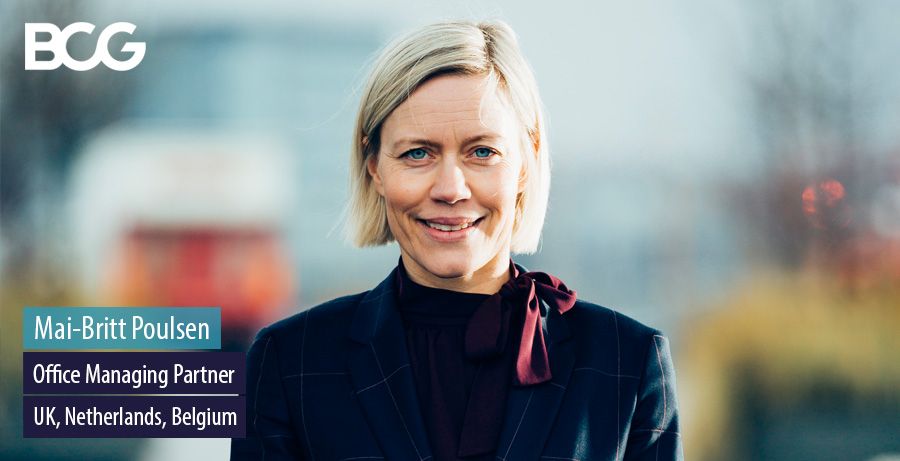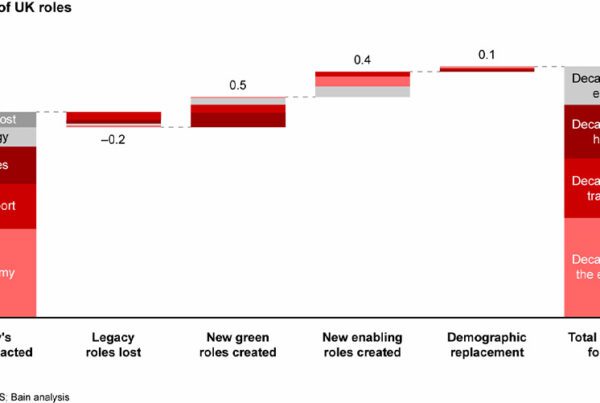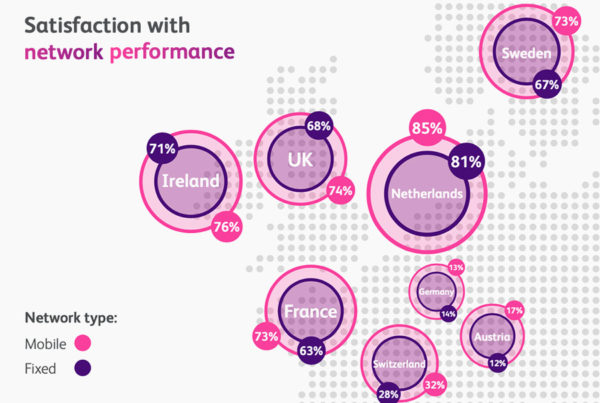In May, Boston Consulting Group senior partner Mai-Britt Poulsen joined business and political leaders from around the world in Davos for the first in-person World Economic Forum annual meeting in two years. Poulsen reflects on one of her key takeaways from the event – the importance of building and nurturing trust.
It was a momentous gathering for several reasons with the ongoing war in Ukraine, economic aftershocks of the pandemic, a growing global food crisis and the urgent need for climate action combining to create a business and geopolitical environment with few historical parallels.
Business is under greater scrutiny than ever before to “do the right thing” and navigate challenges with competence and compassion.

The theme of this year’s summit was ‘Working Together, Restoring Trust’. It’s this notion of trust that will be a key factor in determining whether businesses will sink or swim in the months and years to come. Yet most business leaders are just beginning to understand its true importance.
More than a mere sentiment, trust has real economic value. It enables the development of new disruptive products and smooths the way for transactions among buyers and sellers with no prior relationship. But beyond monetary value, trust is increasingly crucial for a company’s ability to attract talent, for its ESG performance, and for its very license to operate.
And in the age of open-source information, a company’s business value is no longer driven or defined solely by shareholder trust. Wider stakeholders are increasingly concerned, involved with and vocal about a company’s actions or responses, and those views increasingly impact wider business performance and value.
Building trust
In the run up to Davos, Boston Consulting Group launched its Trust Index, using artificial intelligence to analyse and quantify stakeholder perceptions. Measuring over 1,000 of the world’s largest companies, we found that trust does indeed equate to economic value: the 100 most trusted companies generated 2.5 times as much economic value as comparable businesses at year-end 2021.
Yet we also found that trust fluctuates greatly: fewer than half of the top 100 companies from any given year were still in the top 100 the following year. So, what do business leaders need to do to build and maintain trust?
Firstly, think beyond the boundaries of a company. Instead, expand the notion of business to encompass a broader “business as a system” that takes into account all external stakeholders.
Next, identify what promises (if any) the business is making to different stakeholders, whether they are implied or explicit, whether the business is actually living up to them, and what perception stakeholders have about the business.
Just as important is setting a clear direction. Articulate a vision of how the business should be perceived and devise a strategy to get there. This strategy should include a consideration of orchestrated moves across three categories of themes:
First and foremost are trust foundations, which include a company’s financial position, governance and workforce, product and service performance. These fundamental themes can push scores up or down substantially. As table stakes for trust, they represent the dividing line between high- and low-trust companies.
Secondly, trust enhancers deepen trust and allow a company to distinguish itself. Enhancers include strategic collaboration and investment, innovation, digital capabilities, social responsibility, and environment and sustainability.
Thirdly, and arguably the most attention grabbing, trust destroyers erode or break trust, and can include corruption, fraud, scandals, natural disasters, and human-caused debacles.
Finally, the need to recognise that trust is dynamic is crucial. Leaders must track external forces, anticipate trust’s defining moments, and measure, learn, and adapt strategies accordingly.
My key takeaway from Davos 2022 is that trust has never been more important. As business leaders, we need to see trust as an asset that needs to be nurtured, protected as well as measured and valued. The role of the CEO is evolving at pace thanks to – amongst other factors – the growing importance of trust. In response, CEOs should ensure that their company is forging and managing trust in business and socioeconomic systems. Companies that do so will enjoy long-lasting advantage.
About the author: Mai-Britt Poulsen is the managing partner for Boston Consulting Group in the United Kingdom, Ireland, the Netherlands, and Belgium.




